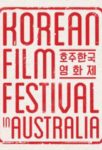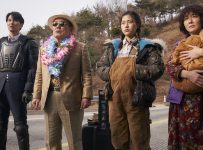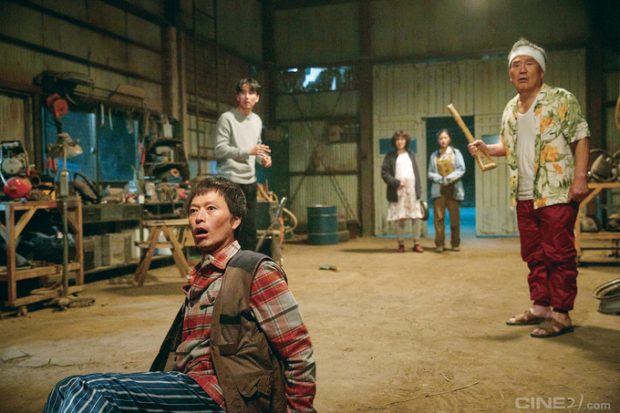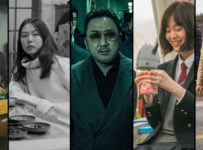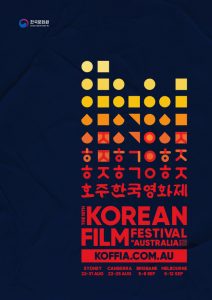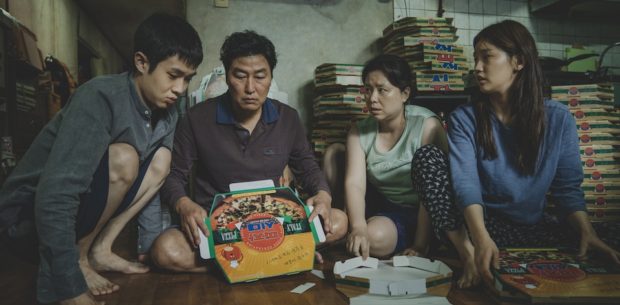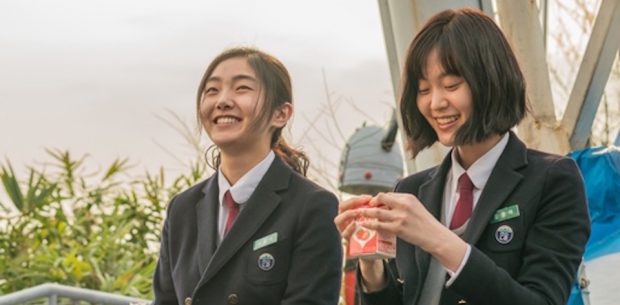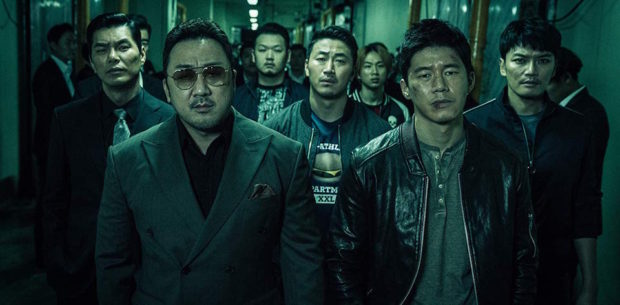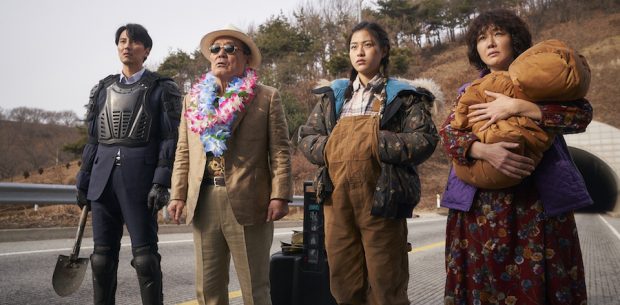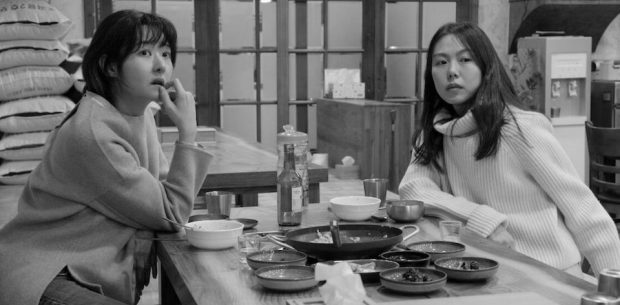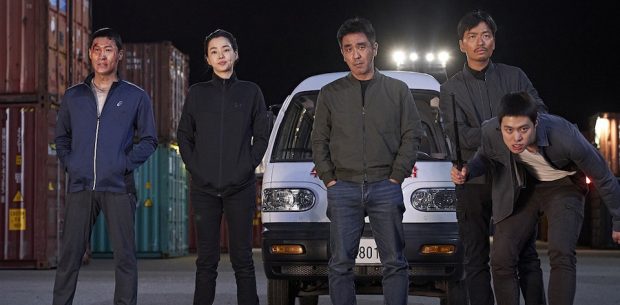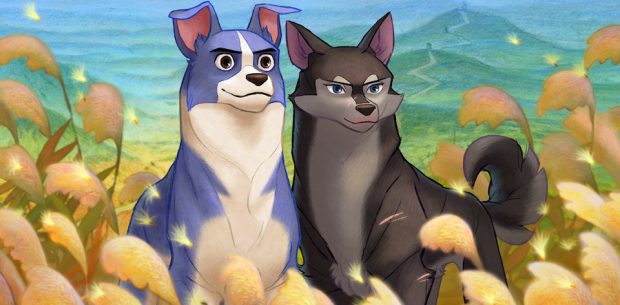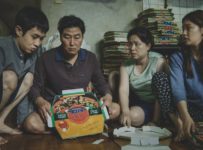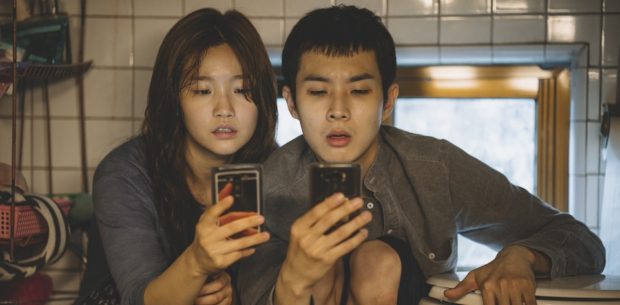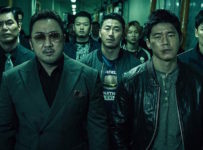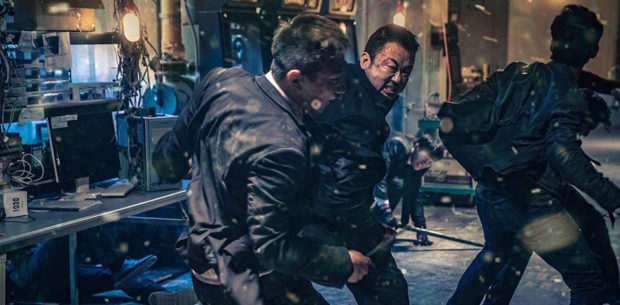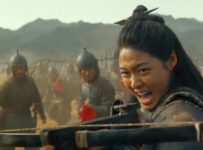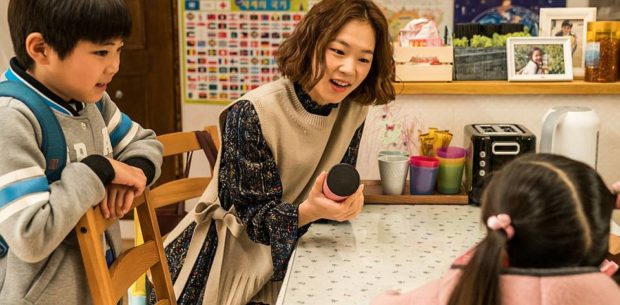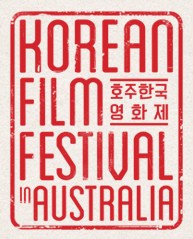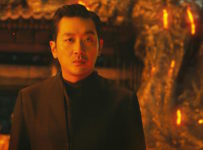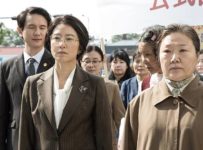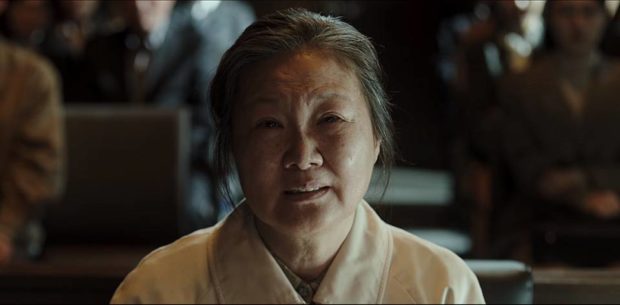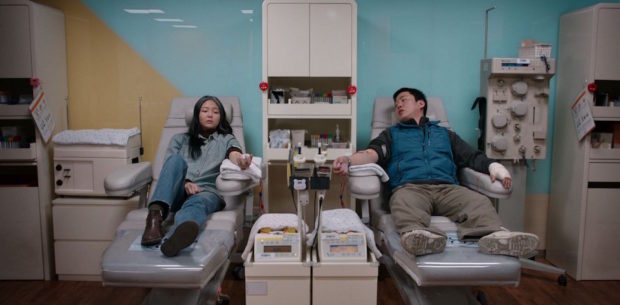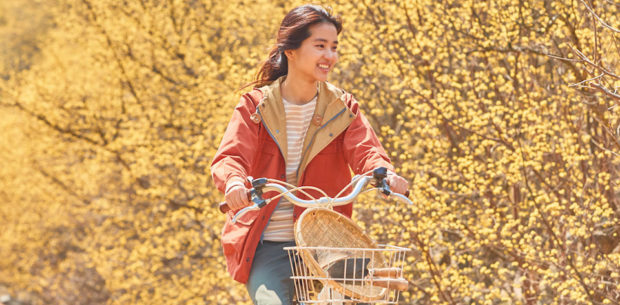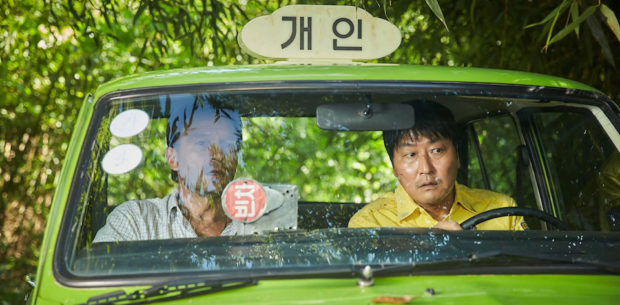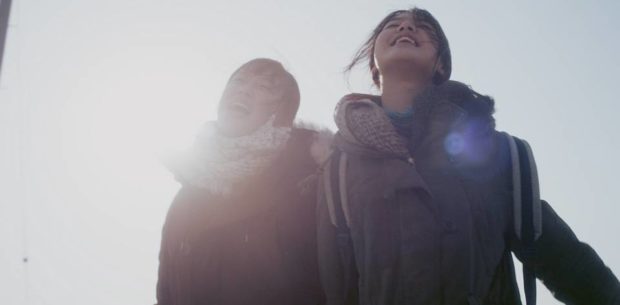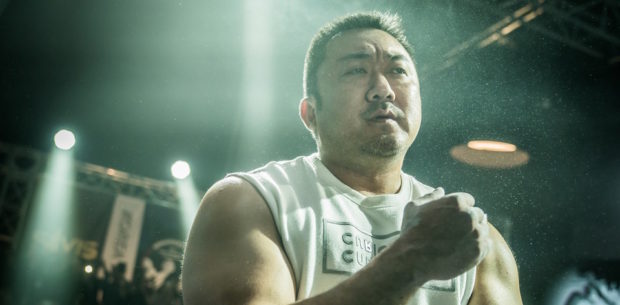ANOTHER CHILD (미성년) is the directorial debut of actor Kim Yun-Seok, perhaps best known for films such as The Chaser (2008) and 1987: When the Day Comes (2018). The winner of multiple awards for his on-screen performances, his first foray behind the camera is worthy of critical praise as well.
Working from his own screenplay, co-written with Lee Bo-ram, it follows two second year high school students: Joo-Ri (Kim Hye-Jun) and Yoon-A (Park Se-Jin). While they wouldn’t normally hang about in the same social circles, the discovery of an affair between their respective parents sees them beginning to collaborate.
Tuning in his finely-honed actor’s senses to the broader narrative, Kim crafts an impressively nuanced character-based piece that never dips into melodrama. Kim Hye-Jun, best known for the Netflix series Kingdom, is a strong young lead, capably matched by newcomer Park Se-Jin. Their attempts to be the parents that their own are incapable of being gives both actors a well of strength to pull from. Their lack of any other commonalities makes the microcosm of their relationship all that more intense.
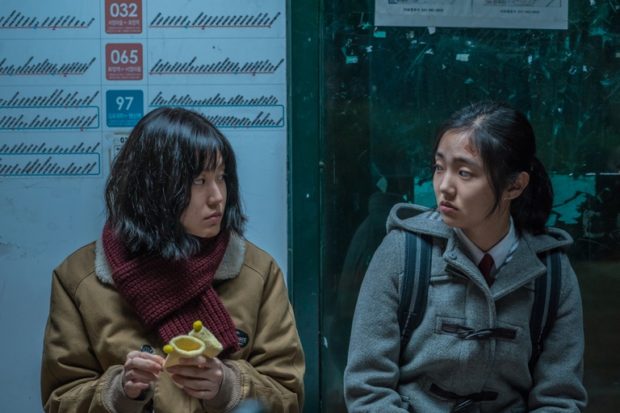
By comparison, Joo-Ri’s mother Young-Joo, trying to hold together their lives in a dead-end job, is wonderfully portrayed by Yum Jung-Ah (The Mimic). Kim casts himself as the father, who has some scenes playing against a strong male type, literally running away from his daughter in the face of revelation.
Working with cinematographer Hwang Ki-Seok (Saint Janet, Avengers: Age of Ultron), Kim also ensures that the focus on character is never at the expense of the visual storytelling. There’s a beautiful series of shots in a hospital, for example, where a baby’s crib is lit by the purple and blue lights of the ward. With the snow falling outside, the camera pushes through the closed window to give us am internal/external viewpoint that is both stylish and intimate.
In other film, the events leading up to the resolution might seem morbid on one hand, or utterly preposterous on the other. (Without spoiling anything here, it involves a hospital exodus and a couple of mini milk cartons). Yet this is still a coming of age story, one that is filtered through the already tumultuous emotions of teenagers. Kim Yun-Seok establishes himself as a triple threat of actor/writer/director, and if this film is any indication, he will continue to be a strong presence on both sides of Korean cinema’s lenses.
2019 | South Korea | DIRECTOR: Kim Yun-Seok | WRITERS: Kim Yun-Seok, Lee Bo-ram | CAST: Kim Hye-Jun, Park Se-Jin, Yum Jung-Ah, Kim Yun-Seok | DISTRIBUTOR: Korean Film Festival in Australia 2019 (AUS) | RUNNING TIME: 96 minutes | RELEASE DATE: 22 August – 12 September 2019 (KOFFIA)

